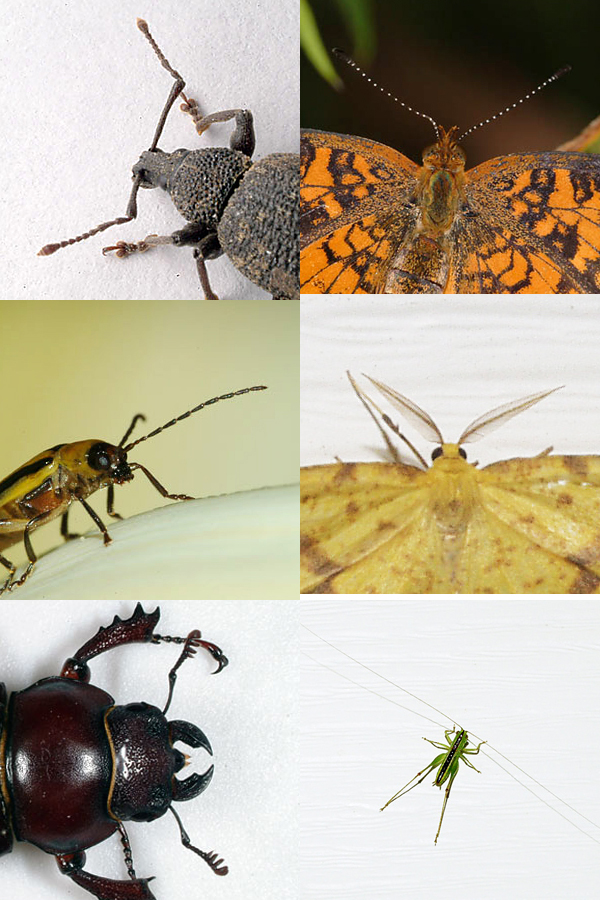|
Euaresta Regularis
''Euaresta regularis'' is a species of fruit fly in the genus ''Euaresta ''Euaresta'' is a genus of fly, flies in the family Tephritidae that live in plants of the closely related genera ''Ambrosia (plant), Ambrosia'', ''Xanthium'', and ''Dicoria (plant), Dicoria'', and feed on their flowers and seeds. The 15 species ...'' of the family Tephritidae. Distribution Brazil. References Tephritinae Insects described in 1993 Diptera of South America {{Tephritidae-stub ... [...More Info...] [...Related Items...] OR: [Wikipedia] [Google] [Baidu] |
Euaresta
''Euaresta'' is a genus of fly, flies in the family Tephritidae that live in plants of the closely related genera ''Ambrosia (plant), Ambrosia'', ''Xanthium'', and ''Dicoria (plant), Dicoria'', and feed on their flowers and seeds. The 15 species of ''Euaresta'' are endemism, endemic to the Americas, eight being native to North America and seven to South America. Only one specimen has been collected in Central America (''Euaresta toba, E. toba'' in El Salvador), and one or two species occur in the Antilles. ''Euaresta bullans'' has been introduced, perhaps accidentally, from South America to California and Arizona, southern Europe, the Middle East, South Africa and Australia, where it attacks spiny cocklebur (''Xanthium spinosum''). ''Euaresta aequalis, E. aequalis'' has been introduced to Fiji and Australia, to act as a biological pest control, biological control agent of common cocklebur (''Xanthium strumarium''). ''Euaresta bella, E. bella'' was released in Europe to control ra ... [...More Info...] [...Related Items...] OR: [Wikipedia] [Google] [Baidu] |
Tephritidae
The Tephritidae are one of two fly families referred to as fruit flies, the other family being the Drosophilidae. The family Tephritidae does not include the biological model organisms of the genus ''Drosophila'' (in the family Drosophilidae), which is often called the "common fruit fly". Nearly 5,000 described species of tephritid fruit fly are categorized in almost 500 genera of the Tephritidae. Description, recategorization, and genetic analyses are constantly changing the taxonomy of this family. To distinguish them from the Drosophilidae, the Tephritidae are sometimes called peacock flies, in reference to their elaborate and colorful markings. The name comes from the Greek τεφρος, ''tephros'', meaning "ash grey". They are found in all the biogeographic realms. Description For terms see Morphology of Diptera anTephritidae glossary Tephritids are small to medium-sized (2.5–10 mm) flies that are often colourful, and usually with pictured wings, the subcostal ve ... [...More Info...] [...Related Items...] OR: [Wikipedia] [Google] [Baidu] |
Brazil
Brazil ( pt, Brasil; ), officially the Federative Republic of Brazil (Portuguese: ), is the largest country in both South America and Latin America. At and with over 217 million people, Brazil is the world's fifth-largest country by area and the seventh most populous. Its capital is Brasília, and its most populous city is São Paulo. The federation is composed of the union of the 26 States of Brazil, states and the Federal District (Brazil), Federal District. It is the largest country to have Portuguese language, Portuguese as an List of territorial entities where Portuguese is an official language, official language and the only one in the Americas; one of the most Multiculturalism, multicultural and ethnically diverse nations, due to over a century of mass Immigration to Brazil, immigration from around the world; and the most populous Catholic Church by country, Roman Catholic-majority country. Bounded by the Atlantic Ocean on the east, Brazil has a Coastline of Brazi ... [...More Info...] [...Related Items...] OR: [Wikipedia] [Google] [Baidu] |
Tephritinae
The Tephritinae are a subfamily of tephritid fruit flies. Systematics The Tephritinae are grouped into 11 tribes: * Acrotaeniini: 99 species, 10 genera: ::'' Acrotaenia'', '' Acrotaeniacantha'', '' Acrotaeniostola'', '' Baryplegma'', '' Caenoriata'', ''Euarestopsis'', ''Neotaracia'', ''Polionota'', '' Pseudopolionota'', '' Tetreuaresta'' and '' Tomoplagia''. * Cecidocharini: 41 species, 8 genera: ::'' Cecidocharella'', '' Cecidochares'', '' Hetschkomyia'', '' Neorhagoletis'', '' Ostracocoelia'', ''Procecidochares'', '' Procecidocharoides'' and ''Pyrgotoides''. * Dithrycini: 103 species, 12 genera: ::'' Dithryca'', '' Aciurina'', '' Eurosta'', ''Valentibulla'', '' Liepana'', ''Oedaspis'', ''Oedoncus'', ''Peronyma'', ''Ptiloedaspis'', ''Xenodorella'', ''Hendrella'' and ''Placaciura''. * Eutretini: 96 species, 16 genera: ::'' Afreutreta'', ''Cosmetothrix'', ''Cryptotreta'', '' Dictyotrypeta'', ''Dracontomyia'', ''Eutreta'' (subgenera ''Eutreta'', '' Metatephritis'' and '' Setosi ... [...More Info...] [...Related Items...] OR: [Wikipedia] [Google] [Baidu] |
Insects Described In 1993
Insects (from Latin ') are pancrustacean hexapod invertebrates of the class Insecta. They are the largest group within the arthropod phylum. Insects have a chitinous exoskeleton, a three-part body (head, thorax and abdomen), three pairs of jointed legs, compound eyes and one pair of antennae. Their blood is not totally contained in vessels; some circulates in an open cavity known as the haemocoel. Insects are the most diverse group of animals; they include more than a million described species and represent more than half of all known living organisms. The total number of extant species is estimated at between six and ten million; In: potentially over 90% of the animal life forms on Earth are insects. Insects may be found in nearly all environments, although only a small number of species reside in the oceans, which are dominated by another arthropod group, crustaceans, which recent research has indicated insects are nested within. Nearly all insects hatch from eggs. Insect ... [...More Info...] [...Related Items...] OR: [Wikipedia] [Google] [Baidu] |

